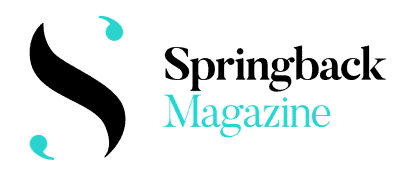A performance retrospective not only gives an insight into the development of a choreographer’s practice over time but can also feel like watching a piece of your history, especially if the works revisited have shaped your own outlook. Such is the case for RUSH by Brussels-based Danish choreographer Mette Ingvartsen, a retrospective in a ‘rush’ made for long-term collaborator Manon Santkin, which explored the imaginative potential of uttered words within a work of reenactment.
A bulky speaker centre-stage transmits the voice of Santkin, who is hidden in the wings, sharing her nervousness before entering to perform Manual Focus (2003), a masked work exploring gender performativity or simply “what a body can do”. As if knitting a linear choreographic tapestry, she continues to reenact and revisit extracts from other iconic works by Ingvartsen, such as the pieces around sexuality To Come (2005) and 7 Pleasures (2015), as well as Why We Love Action (2006), exploring cinematic performativity, and The Artificial Nature Project (2012), investigating an expanded choreography of objects and materials (space blankets billowed by a leaf blower). Santkin’s spoken testimonies disclose her intimate world – how does it really feel a few minutes before exposing oneself naked in front of an audience? Her words gently encourage participatory moments for audience members to embody the role of performer – and, courageously, to form a chorus of collective orgasm by reproducing the soundtrack on their headphones. There are anecdotes from past performances, a frenzied swing dance to the point of exhaustion, and descriptions of solo and collective actions by absent performers that make us live (or re-live) works both seen and unseen: in one acting delirium, Santkin skilfully embodies the orgiastic clusters of 15 performers from To Come (extended).
RUSH becomes a time capsule and Santkin a living archive of Ingvartsen’s work, embodying time in her physicality: her greyish hair, her unpretentious nudity, her natural maturity, her transcendent performance. Although most of the works are from approximately two decades ago, RUSH still looks and feels contemporary, linking absence and presence into a choreographic and conceptual tissue of objects, movement, stories and memories that vibrate (in) the present.







